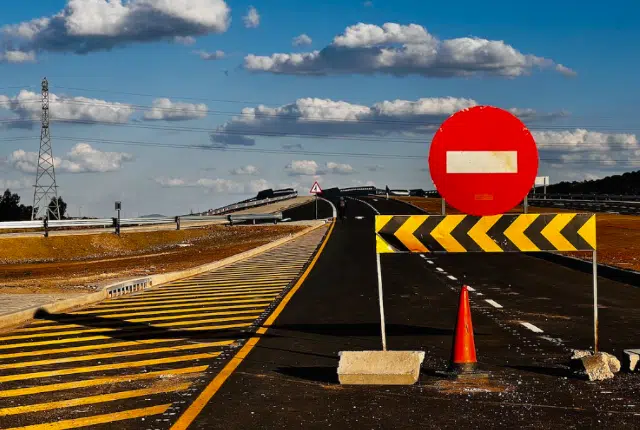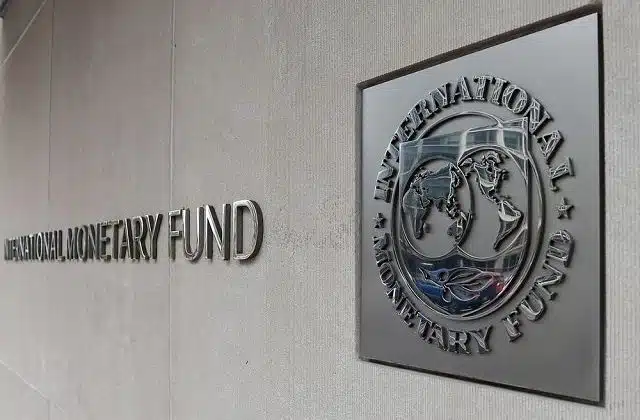
Government to spend R812 billion on more roads, bridges and other major projects in South Africa
The National Treasury is expected to spend over R812 billion on public sector infrastructure over the next three years, says finance minister Enoch Gondongwana.
In consultation at an infrastructure indaba in Johannesburg on Thursday (18 August), the finance minister pledged to ramp up investment in the infrastructure industry with a keen focus on public-private partnerships.
He said that this would be a 30% increase from the R627 billion from the medium-term period before, which ended in March of this year.
“This is an important step forward in terms of moving closer to the NDP targets, and it is an important signal to investors and the industry and society that the government is committed to ramping up infrastructure delivery,” said Gondongwana.
“To grow the economy and reduce unemployment and poverty, capital investment by the public and private sectors, which amounted to 13.7% of GDP in 2020, needs to significantly increase,” said Gondongwana.
By the end of 2030, to reach the targets currently set by the National Development Plan (NDP), the National Treasury said that public-sector investment should make up 10% of total GDP while private-sector investment in the country’s infrastructure should increase to 20% of GDP.
He said that over the past decade the following factors had constrained the government’s ability to invest in new infrastructure:
- Weak economic growth;
- Rising spending pressures and;
- Financial support provided to state-owned companies.
Godongwana added that government is in the process of creating measures to improve the delivery of public infrastructure and attract private capital in the country but noted that the industry faces four significant challenges that must be overcome, namely:
Under-spending
Government institutions are underspending on their budgets, the minister said. To overcome this, the finance minister said that a ‘project pipeline’ is needed that outlines the preparation and planning of big infrastructure projects.
He said that the Infrastructure Fund, housed by the Development Bank of Southern Africa has been introduced to create the capacity and capability in the government to assist sponsors in developing project proposals
Maintenance failings
Godongwana said that it is critical that public infrastructure is well maintained to ensure that infrastructure investment is focused on new investments rather than replacing infrastructure that should still have a useful life.
Corruption
Godongwana said that the National Treasury is taking a to step approach to addressing waste and corruption in the procurement process.
Firstly, the Treasury is engaging with the Auditor-General to continue to ensure transparent disclosure of minor transgressions, but outside the financial audit process.
Secondly, the Treasury has incorporated the insights from the Zondo Commission reports highlighting abuses in state procurement into the revised Public Procurement Bill.
Public-private partnerships
The value of public-private partnerships (PPPs) has declined over recent years, from R10.7 billion in 2012 to R5.6 billion in 2020.
Godongwana said that this is primarily due to onerous approval processes for small projects. The Treasury now plans to address this by simplifying the approval and compliance requirements of PPPs.



